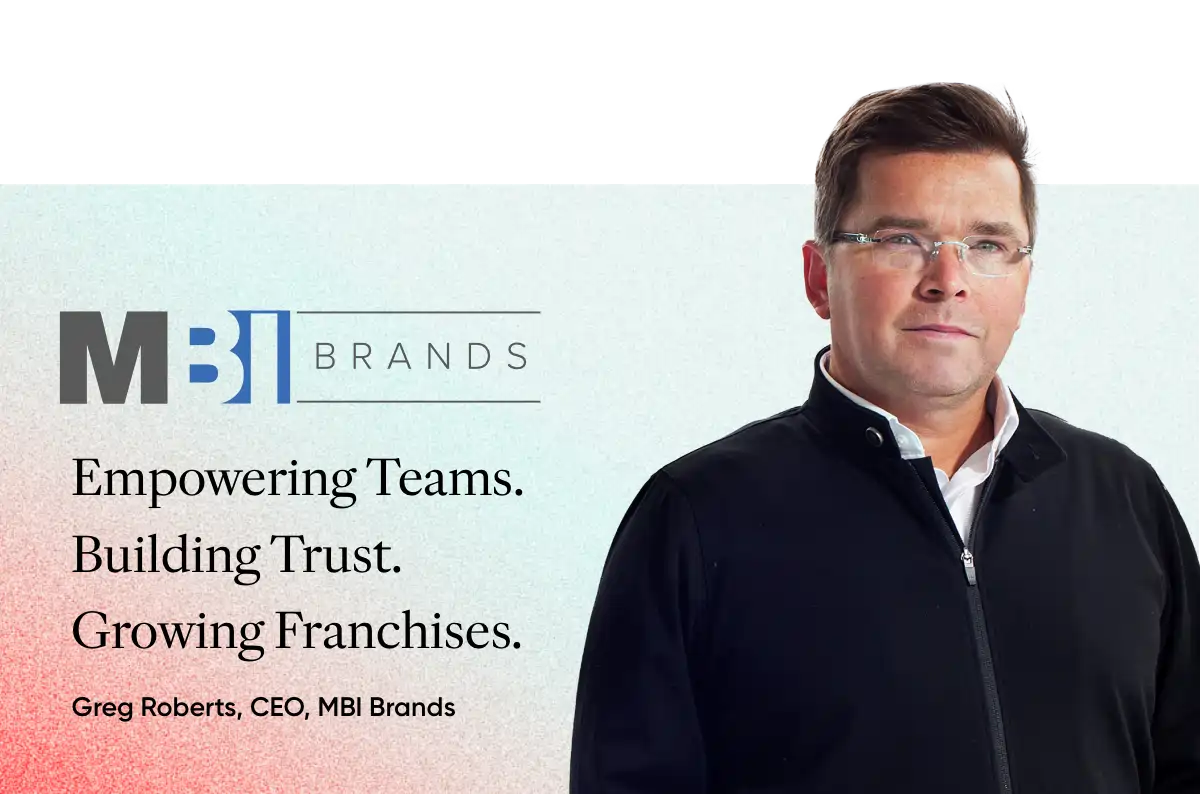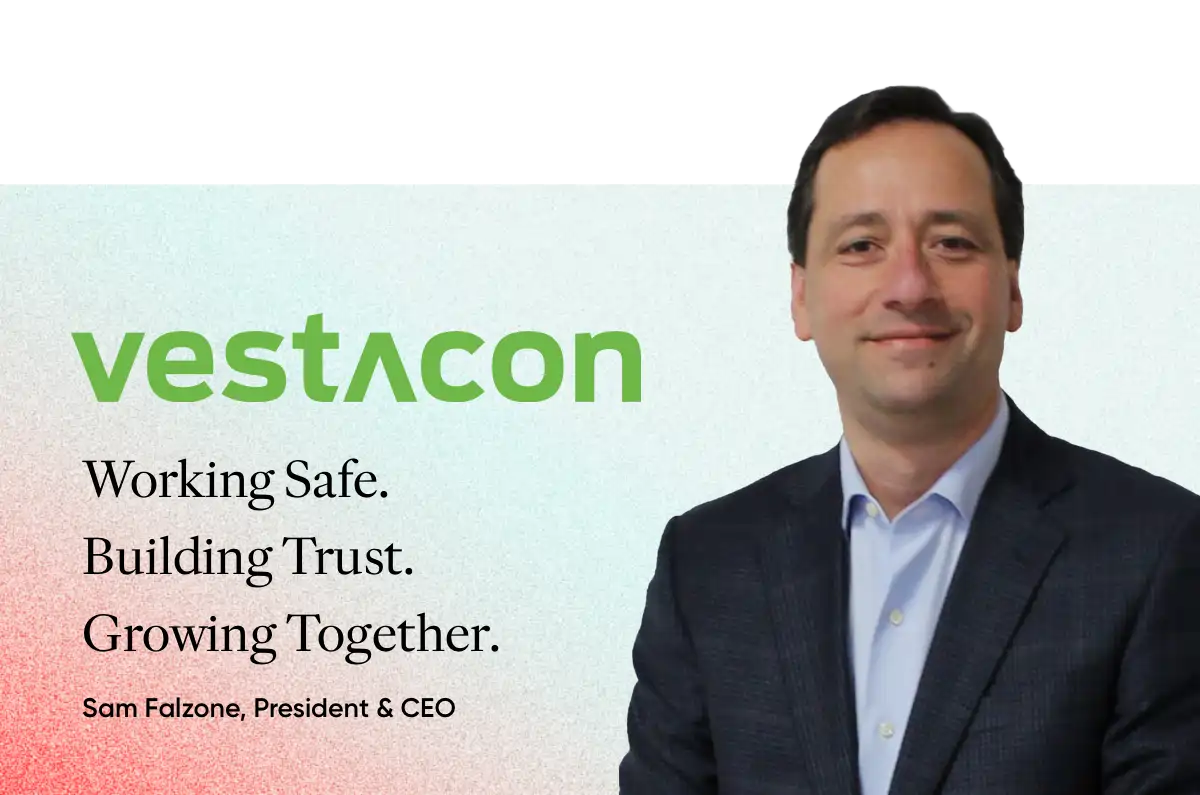
“How great companies support employees’ career growth and career journey within the organization.“
Top performers don’t just happen – they are created one skill and experience at a time! And with each new skill, each success and failure, each new experience along their career journey they gain confidence to overcome challenges, they push themselves and their team to achieve their goals, and they collaborate and innovate to continuously move their organization forward.
Employers who empower their people to explore career goals and provide growth opportunities see higher performance. This involves supporting their career journey, ensuring access to essential tools, and fostering a culture of fairness and empowerment. Employees want to succeed and need to trust that they can achieve their career goals within the organization. This requires fair processes, honest conversations, ample advancement opportunities, and committed leadership to support their journey in a safe environment.
At the Best Workplaces™ for Professional Development, not only do their people agree they are offered training or development to further themselves professionally, they also believe their workplace is fair and respectful and encourages them to gain new skills, try new things and feel safe and supported in their career exploration.
| "I am offered training or development to further myself professionally." | 92% agree |
| "My direct manager avoids playing favorites. | 90% agree |
| "My direct manager recognizes honest mistakes as part of doing business." | 94% agree |
| "My direct manager shows a sincere interest in me as a person, not just an employee." | 91% agree |
Key to their success is a fair and robust career development system that supports individuals on their personal career growth journey. These systems allow people to own their development while ensuring leaders play a meaningful and important role along their career journey. Here are some fundamentals to consider when creating a fair and empowering career development strategy for your organization.
Create a Fair and Empowering Career Development Strategy

At all stages of an employee’s career journey, they need to know that their career growth and their success is important. No one wants to feel stuck or feel their job is headed nowhere. Even if they don’t want to promote, people still want to feel challenged and purposeful. A learning culture motivates people to continuously grow and improve and incentivizes everyone to think about growth in a healthy, respectful manner.
Talking about career paths and different career journeys is a great way to keep people energized and to promote a learning culture. Remember too, to reward learning and development with formal recognition for achievements, by providing plenty of promotion and cross training opportunities, and adopting role or skill-based compensation.

Get to know and value your team as individuals with unique skills, talents, interests, and aspirations. Communicate often and help them visualize how they can be their best and achieve their goals within the organization. Set very intentional moments during the year for people leaders and employees to connect and have a formal conversation about growth and development aspirations. Encourage professional growth opportunities and provide the resources they need to keep progressing in their career journey. These conversations empower employees to take a lead role in their development journey while understanding how their goals fit into the larger organizational framework.

Collaboration and support are key. For employees to learn and grow they have to have time in their schedule for personal and professional development. They have to be given the flexibility they need to attend to their whole lives and still take advantage of the career advancement opportunities offered. This means making sure your leaders understand how important career growth is to not only their people’s success but the success of their team and the success of the organization as well. It’s equally important for leaders to understand the programs offered (and be empowered in their own career growth), so they can recommend programs and supports to their team members and share their personal success stories.

Don’t assume people know how to reach their career goal. Build clear career paths that outline what people need to do at all stages of their career growth journey. Include the skills, education, experience, and other qualifications needed to advance or move to each position on the path and provide supports for each. Be sure to think about critical positions within the organization, now and in the future, to help ensure you have people actively working to align their career goals with what the organization needs to continue its success. From recruitment to onboarding and townhalls to leadership development seminars, people need to be talking about career growth, sharing their personal career goals and encouraging one another in their career journey.

Regardless of the specific tools and resources you provide, there should be space for employees to explore their skills and career goals. Self-reflection ensures employees understand what inspires, motivates and engages them. It’s an opportunity to think about their aptitudes and interests and their transferrable skills, and how these align with what the organization needs the most. Ask employees to list their career aspirations, skills they would like to develop, and the resources they’ll use to make progress on their development goals and then match them with the programs you have available or create new ones as needed.

As you identify areas that employees can work on to further their growth, make sure you define how they will grow their skills with clear steps and goals. This helps them clearly see their progress and hold themselves accountable for their career growth and career journey. As part of this, think about specific programs you can use to encourage their development. A formal mentoring program is powerful and effective as it transfers knowledge as well as allows for an exchange of perspectives. Job rotation is another effective way to build skills as well as increase collaboration and expand organizational knowledge.

To learn and grow, your people must feel comfortable taking risks, and trust that they won’t be penalized for exploring new roles or projects. If someone chooses a job rotation, they need to know they can come back to their previous department if things don’t work out. They also need to know that if they really enjoy the new position, they will be given a fair opportunity to make the move permanent. Learning is risky and also rewarding. Empowered learning means ensuring your people feel supported in the risks they take and that they understand that from failures often come great success. It also means applying your career development practices fairly and being transparent with career advancement opportunities. Nothing derails a great career development strategy than unfair execution.
Great employees are attracted to opportunity. Make your organization a great place to work by providing career growth opportunities that take your people on a career journey that is exciting, inspiring and motivating. A learning culture that empowers your people to be their best is a surefire way to ensure you get the best from them.
Get Certified 
Get certified today to make it onto our best workplaces lists.






